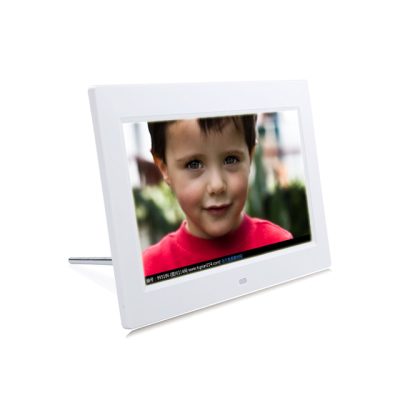Touch screens have had a significant impact on the gaming industry, bringing about notable changes in how games are played and experienced. Here are several ways in which touch screens have influenced gaming:
- Mobile Gaming Revolution: Touch screens, especially on smartphones and tablets, have democratized gaming by making it accessible to a broader audience. Mobile gaming has become a massive industry with a wide variety of games, from casual to complex, thanks to touch screens.
- Intuitive Controls: Touch screens offer intuitive controls for certain types of games, such as puzzle games, match-three games, and simulations. Tapping, swiping, and pinching gestures feel natural for interactions in these genres.
- Diverse Game Library: Touch screens have enabled a wide range of game genres to flourish on mobile devices, including casual games, indie titles, and innovative experiences. This has led to a more diverse gaming ecosystem.
- Augmented Reality (AR) and Virtual Reality (VR): Touch screens often complement AR and VR experiences, providing interfaces for selecting options or interacting with virtual objects. Mobile AR games, for instance, use touch screens for input alongside camera and motion sensors.
- Multi-Touch Capabilities: Multi-touch support on touch screens has allowed for complex gameplay mechanics and gestures. Gamers can perform actions like pinch-to-zoom, two-finger rotation, and multi-finger swipes, which enhance the gaming experience.
- Location-Based Games: Touch screens and GPS technology have enabled location-based games like Pokémon GO, where players use touch screens to interact with the virtual world overlaid on the real world.
- Social Gaming: Touch screens facilitate social gaming experiences, whether through asynchronous gameplay in mobile games or real-time multiplayer interactions. Social media integration and sharing features are also common in mobile games.
- Casual and Pick-Up-and-Play Games: Touch screens have given rise to a vast library of casual games that are easy to pick up and play for short periods. Gamers can quickly launch a game and start playing without the need for complex controllers.
- Innovative Touch-Based Mechanics: Game developers have come up with innovative touch-based mechanics and puzzles that take full advantage of touch screens. These unique interactions can create memorable gaming experiences.
- Gesture-Based Controls: Gesture-based controls on touch screens allow players to mimic real-world actions in games, such as drawing symbols or shapes to cast spells, slice objects with a swipe, or perform character-specific gestures.
- Educational and Productive Games: Touch screens have extended gaming beyond entertainment. Educational and productivity-focused games leverage touch screens to teach concepts, improve cognitive skills, or facilitate creative activities.
- Console and PC Integration: Some console and PC games have incorporated touch screen elements, either through companion apps or touchscreen controllers. These additions can enhance gameplay or provide additional information.
- Retro Gaming Emulation: Touch screens have made it possible to play classic video games from older consoles via emulators. Virtual controls on touch screens emulate the feel of physical controllers.
- Accessibility: Touch screens can be more accessible for individuals with certain disabilities, as they offer alternative input methods and customizable controls.
While touch screens have undoubtedly expanded the gaming landscape and provided new opportunities for developers and players, they also come with some challenges, such as limitations in tactile feedback and precision for certain types of games. Nevertheless, touch screens continue to shape the gaming industry, fostering innovation and broadening gaming experiences.















